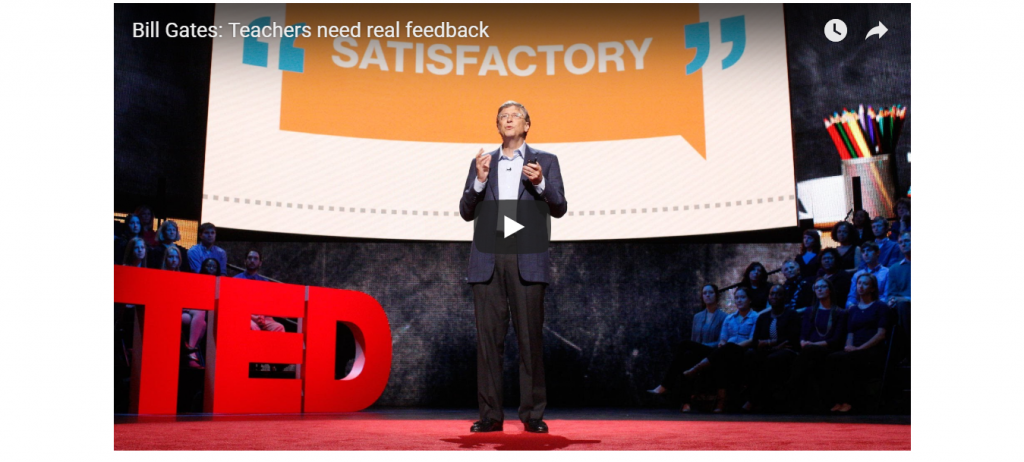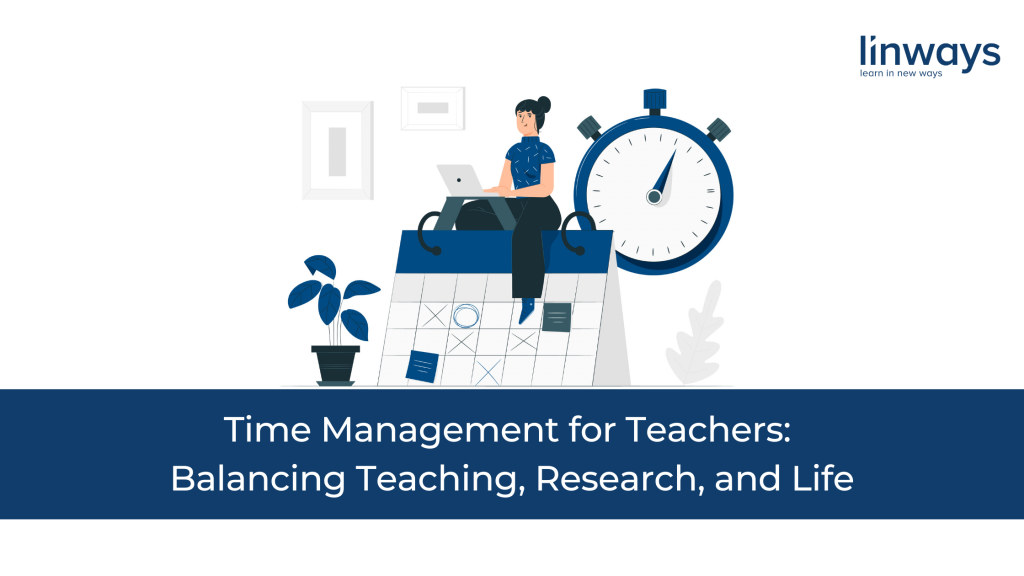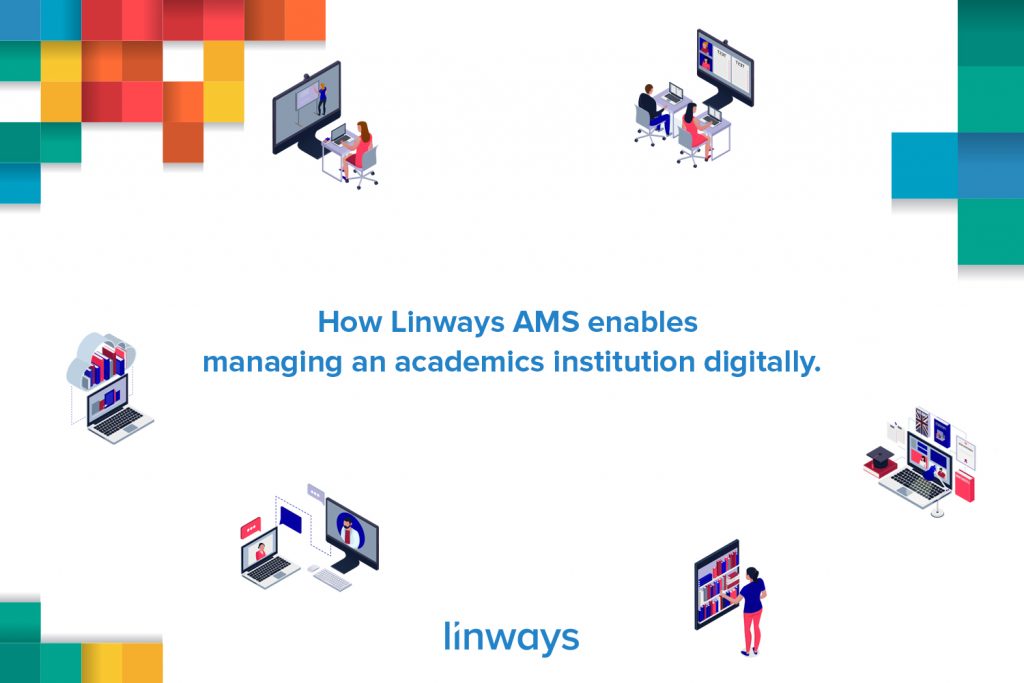
We came across a Ted talk by Bill gates recently on why ‘Teachers deserve better feedback’. The way he has presented the problem really caught our attention, and since we ourselves have been thinking about this issue for some time, we have decided to write about this issue here and share our thoughts with our readers.
Everybody needs feedback. That’s how we improve ourselves and get better at what we do. We all need to know how well did we perform if we ever want to do better the next time. This is true for teachers too; even if their job means educating the next generation for building the world. Teachers too needs regular and meaningful feedback on what they do.
Teachers plays such an integral role in building our world. They shape the next generation and educate them. Each students who sits inside a classroom goes through the coaching of a teacher who instils the knowledge and inspires the student to pursue their dreams. However, they get so little in return in terms of feedback as to how they can improve their teaching so that the student can have the maximum benefit.
We can’t turn our backs to this issue as it mean so little; not any more. As of till now, most teachers only get a single word of feedback : “Satisfactory”. This amounts to almost nothing in terms of efficiency. Imagine if a product designer, or a football player gets the feedback ‘satisfactory’ all the time. How are they supposed to improve, let alone figure out where they need to focus more on??
In his talk, Gates shows us the example of the teachers in Shanghai province, China. They evaluate their peers works and get together to assess each other’s works. This way, teachers can connect with each other and get constructive feedback from their colleagues. Coincidentally, students from the Shanghai perform better academically as compared to rest of the world.
It is no accident that the teachers who are part of such a system gets better student outcomes.
Now this doesn’t account to the teacher evaluations that everyone do. Institutions almost always does some kind of teacher evaluation at the end of each terms or semesters. But the feedback teachers get doesn’t shed enough lights on where they needs to improve. Instead, we should be able to give them an effective feedback that amounts to something based on those evaluations. Something with which they can reflect upon, and improve. There are teachers associations everywhere around the world, but sadly, most of them hasn’t been able to hold such a peer-to-peer evaluation system, that benefit the teachers altogether.
The fact is, education is such a diverse environment, and no two classrooms are alike. So the horizontal feedback from their colleagues may be much more constructive for the teachers. Connecting teachers with their peers to evaluate each other is also a great way to put things into perspective. Teachers could analyse various teaching methods based on the feedback and with peer review, they may have a better chance of formulating the best for their classrooms. An overall evaluation and generic measurement parameters won’t do much help as to decide where and how can they improve. Teacher’s who has been a part of the research on this stated that it’s much more worthwhile to actually see for themselves specifically where they fall short. Recording session in video and reviewing it later is an option. Letting other teachers evaluate the class can also be a great way to get the best results and feedback.
it might be better to familiarise ourselves with the kinds of feedback we use and interact with. There are three types of feedback which we can relate with this issue when it comes to coaching teachers.
- Negative Feedback,
- Conciliatory Feedback,
- and Communicative Feedback.
Negative Feedback
- This kind of feedback is the most straight forward type.
- It may instil defensive behaviour, as the feedback only focuses on the negative aspects.
- Negative feedback may be counterintuitive over time as the one who receives it gets defensive.
Conciliatory Feedback
- This feedback is pleasant, encouraging, and non threatening.
- It’s positive and vague
- Conciliatory feedback may not always offer the best details, and lefts out important factors.
Communicative Feedback
- This is the ideal form that provides the clarified, considered version of one’s opinion.
- This kind of feedback communicates both the negative and positive aspects to improve upon.
- Instead of just sharing an opinion, communicative feedback offers improvements, alternatives, and shortcomings. This is presumably the most useful kind among the three.
And at the end, we need to equip them with the right kind of tools to use those feedback and put it to good use.
How do we collect and process feedback
As Bill Gates says in his talk,
“Diagnosing the areas teachers need to improve is only half the battle. We need to give them the right tools to act on the diagnosis.”
The right tools and mechanism in place to collect feedback is the most important aspect here. Even though we want to implement this, there should be an efficient and effective Academic Management System with a right feedback module integrated into it. The reason why we specified AMS here is because feedback alone doesn’t do. There must be provisions to set goals/outcomes, plan, strategize, execute, collect feedback, and options to reflect upon it. Only then would the tool be really effective in the sense we want it to be.




